Ginger tea is a popular and pungent herbal beverage made from the rhizome of the ginger plant (Zingiber officinale). It has a warm, spicy flavor that can range from mildly peppery to intensely hot, depending on the strength of the brew. The tea is revered in many cultures, particularly in traditional Chinese and Indian medicine (Ayurveda), for its numerous therapeutic properties. It is a naturally caffeine-free drink and can be enjoyed at any time of the day, especially during cooler weather or when feeling under the weather. Ginger tea is often served with a slice of lemon or a spoonful of honey to balance its sharp flavor.
Health Benefits
Ginger is a potent anti-inflammatory and antioxidant ingredient, and these properties are carried into the tea.
Soothes Nausea and Motion Sickness: Ginger’s most well-known benefit is its ability to settle an upset stomach. It is highly effective in relieving nausea, whether it’s from morning sickness, motion sickness, or post-operative nausea.
Aids Digestion: Ginger tea can help stimulate digestion and relieve bloating, indigestion, and gas. It contains compounds that help relax the gastrointestinal muscles, promoting the smooth passage of food.
Reduces Inflammation: Ginger contains gingerol, a powerful anti-inflammatory compound. Regular consumption of ginger tea may help reduce chronic inflammation, which is linked to conditions like arthritis and cardiovascular disease.
Boosts Immunity: The anti-inflammatory and antioxidant properties of ginger help support the immune system. A warm cup of ginger tea can be particularly comforting during cold and flu season.
Relieves Pain: Ginger has been shown to have analgesic effects. Drinking ginger tea may help alleviate various types of pain, including menstrual cramps, muscle soreness, and headache relief.
Improves Circulation: The warming properties of ginger can help improve blood circulation, which may contribute to a feeling of warmth and better overall health.
Nutritional Facts
Pure ginger tea, made from ginger and water, is virtually calorie-free and offers no significant nutritional content in terms of macronutrients (fats, proteins, or carbohydrates). The beneficial compounds are in the form of antioxidants and other phytochemicals, not traditional vitamins or minerals that would be listed on a nutrition label.
Calories: 0-5 kcal (per cup)
Carbohydrates: 0-1 g
Protein: 0 g
Fat: 0 g
Nutritional content will change if you add sugar, honey, milk, or other ingredients.
How to Brew Ginger Tea from a Tea Bag
Brewing ginger tea from a tea bag is quick and convenient.
Heat Water: Bring fresh, filtered water to a boil (212°F or 100°C).
Prepare the Cup: Place one ginger tea bag in your mug.
Pour Hot Water: Pour the boiling water directly over the tea bag.
Steep: Let the tea steep for 5-7 minutes. The steeping time can be adjusted based on your preference for strength. For a more intense, spicier flavor, steep it for a longer period.
Remove Tea Bag: Carefully remove the tea bag. You can gently press it against the side of the cup to release more of the ginger’s flavor.
Customize and Enjoy: Enjoy the tea on its own or customize it with a squeeze of fresh lemon juice and a spoonful of honey to taste. Adding a cinnamon stick or a few cloves can also enhance the flavor and aroma



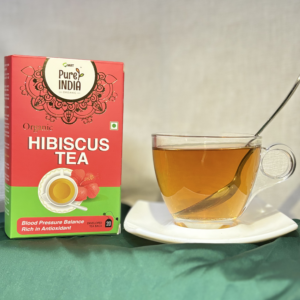
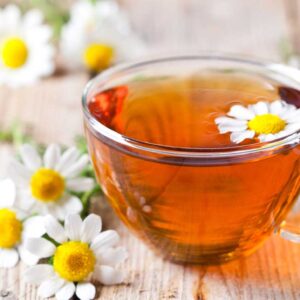
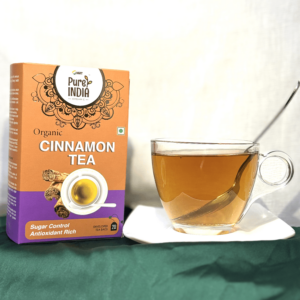
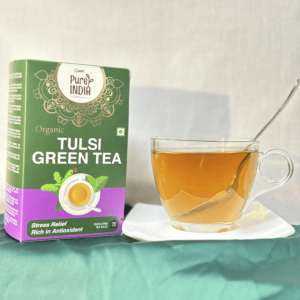
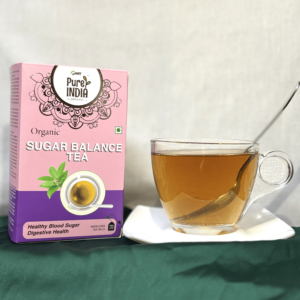
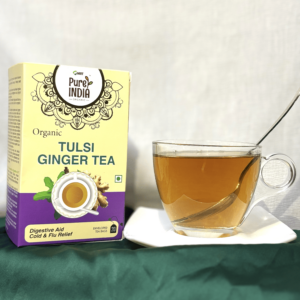
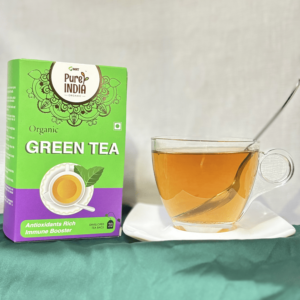
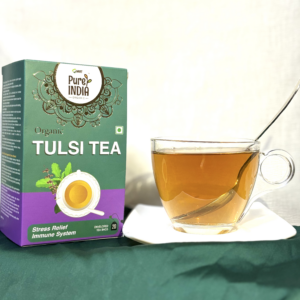
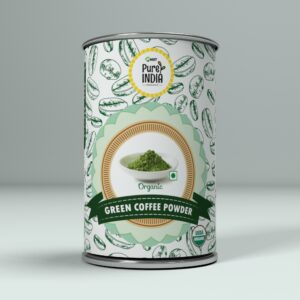

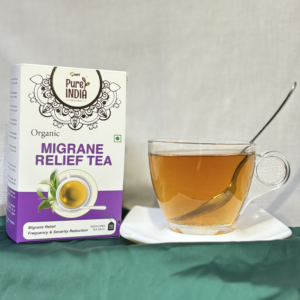
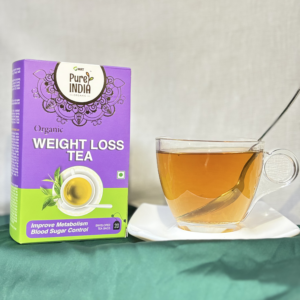






Reviews
There are no reviews yet.